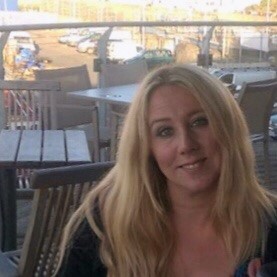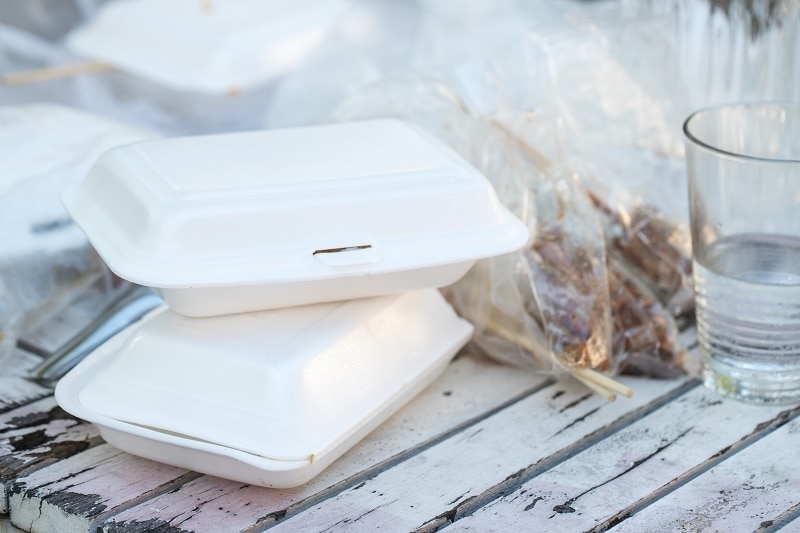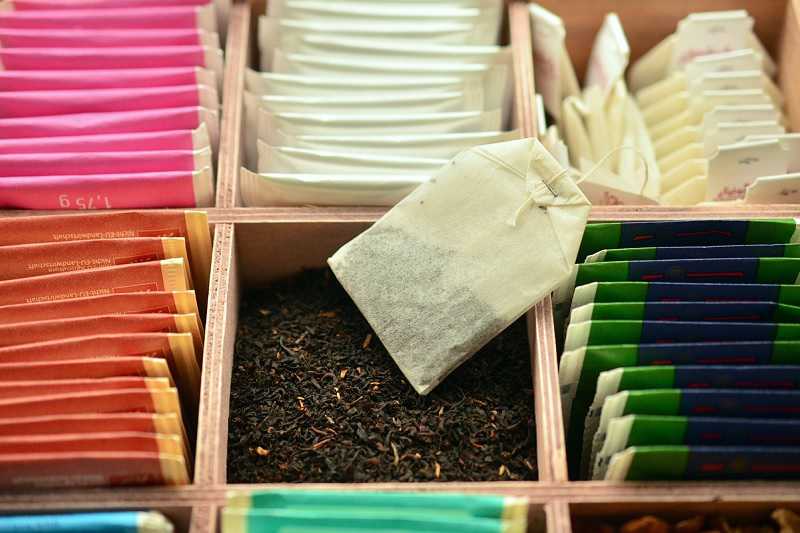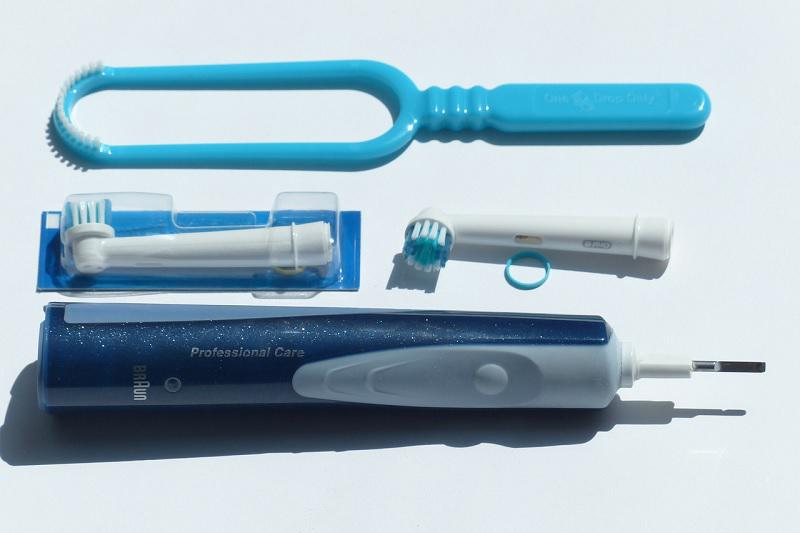Polystyrene is found everywhere in our homes and work places.
Takeaway food containers and coffee cups are often made from polystyrene, and every time we buy electronic goods or fragile items in a shop or online, it’s likely they’ll be protected by polystyrene packaging.
It’s cheap to produce and versatile enough to be used in all kinds of ways, but there is a downside to polystyrene.
Every year, billions of tons of polystyrene ends up in landfills and waterways.
Polystyrene isn’t biodegradable and when deprived of oxygen, light and water in covered landfills it can take at least 500 years to decompose naturally.
Some scientists believe it could even take one million years to biodegrade completely.
Discarded polystyrene products tend to crumble into small pieces which also float easily, clogging rivers and oceans and causing problems for animals and marine life that may accidentally swallow them.
About Polystyrene
Polystyrene is chemical compound made from styrene. Styrene is mostly manufactured from petroleum, but does occur naturally in a liquid form in some plants.
Polystyrene was discovered by German apothecarist Eduard Simon in 1839, and first manufactured by BASF (the German chemical company) in the 1930s.
Polystyrene is relatively cheap to make, lightweight, resistant to moisture and can provide excellent insulation.
These useful properties mean that polystyrene is used in many different industries, and it’s found in the casing of computers, in wind turbine parts and in building insulation materials along with many other things.
The type of polystyrene we’re probably most familiar with is known as Expanded Polystyrene, which is a mixture of around 5% polystyrene and 95% air.
Expanded Polystyrene is used for our takeaway food trays and containers, for disposable coffee cups and as protective packaging when we buy white goods.
Is Polystyrene Recyclable?
Polystyrene is 100% recyclable, and recycled polystyrene pellets are used by all kinds of industries, from toy manufacturing to building insulation and much more.
A lot of Expanded Polystyrene has been in contact with food already, and can’t be used as food containers again due to health concerns.
However, old polystyrene food containers can be recycled into hard plastic products. Clean polystyrene can be recycled and remade into poly boxes and containers.
Where Can You Recycle Polystyrene?
Unfortunately, it’s not all good news when it comes to recycling polystyrene.
Most local councils don’t collect polystyrene as part of their kerbside recycling schemes, often because it’s difficult to collect and can blow away easily due to being so lightweight.
Some local recycling centres do accept polystyrene, and you can check the facilities available in your area on the Recycle Now website here.
If you’re buying new electronic goods, you can check with the retailer if they will take away the polystyrene packaging to be recycled.
John Lewis’ delivery drivers will take polystyrene packaging back to their depot when they deliver the new product to your home, ready to be recycled and reused.
If you can’t take your polystyrene anywhere local to be recycled, you can try reusing it around your home. There are lots of great ideas online, and here are a few to start you off:
- Polystyrene cups are the perfect size for planting small seedlings – just make a few holes in the bottom for drainage. You can move the plants once they’re bigger then reuse the pots again.
- Polystyrene packaging foam chips can be used to improve soil drainage in plant pots, and to refill bean bags and cushions.
- Larger polystyrene boxes can provide extra storage to help keep garages, sheds and home offices organised.
- Use small broken pieces of polystyrene or polystyrene chips to separate fingers and toes when painting nail varnish.
- Old polystyrene food trays make a great paint palette, and can be washed and used over again.
- If you have children, you can use polystyrene for all kinds of fun craft projects, from building your own robots to making your own speaker out of polystyrene cups! There are lots of fun ideas online.
Always remember to thoroughly clean any polystyrene food cartoons before you reuse them, particularly those that have been used for meat.

Clare began her career as a technical writer, but since having her boys has worked mostly from home writing content for various websites, including health and beauty and educational resource sites.



